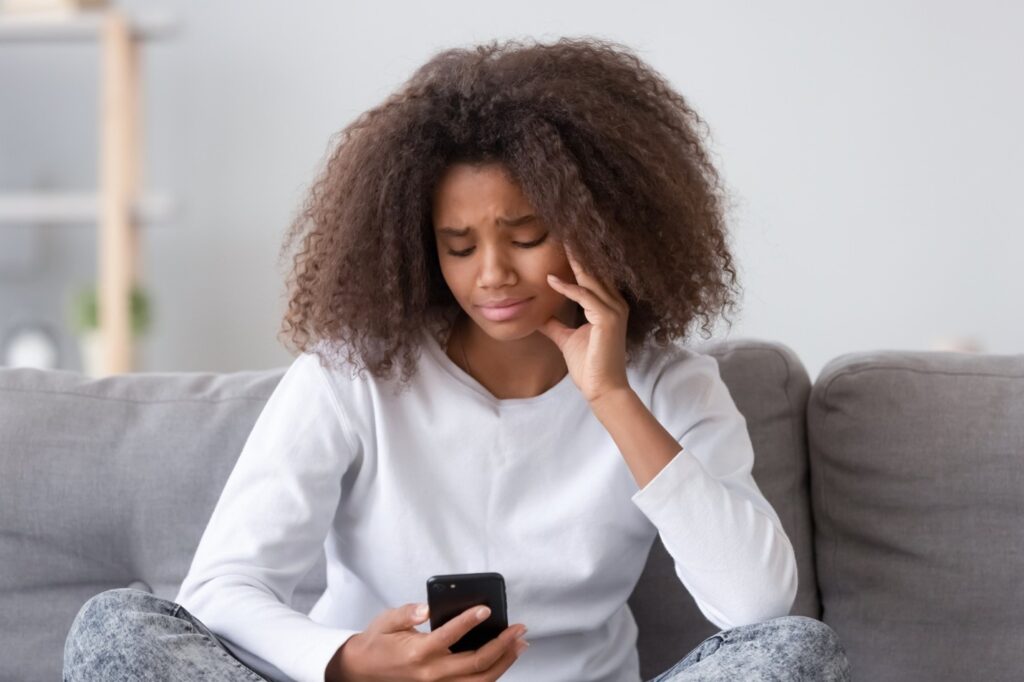How often do you find yourself comparing yourself to someone else? And how does that make you feel?
Generally speaking, comparisons either make us feel less than or more than. And neither is really a good place to go or be.
For the most part, comparisons are best left by the wayside. Because you don’t go to good places with comparisons. When you compare yourself against someone who seems more successful or beautiful or luckier or richer or—you get the picture—you only end up feeling horribly lacking.
Depending on where you are in your life, comparisons can make you depressed or cause you a hissy fit at the “injustice” of it all.

Social Media’s influence on mental health
Of course, the opportunity to compare has always existed. Superiors such as teachers, bosses and parents are known to compare. But thanks to social media, today’s world is even more rife with comparisons.
For what occurs when you open social media and start scrolling through all the pretty people and their perfect lives? You tend to compare.
Afterall, there are so many people living their “best” lives on there. Everything is curated and crafted to look as if they are on top of the world.
And what commonly happens when you look at such stories on social media? Even if they are fabrications, you can’t help but compare yourself and your situation to what you read and see.
In fact, studies such as this one have shown a link between social media use and depression. When you look at it, what would cause depression when using social media? You guessed it. Comparisons.
Comparisons that you can never measure up no matter how hard you try. Comparisons about how you have nowhere near the seeming abundance that others have. And the list goes on.
Where do comparisons to the “less fortunate” leave you?
If, on the other hand, you compare yourself to someone who seems to be down on their luck or making a mess of their life, you may end up feeling superior. While that might make you feel better for a short time, in the end superiority is not such a great thing.
When you really think about how gleefully comparing yourself to someone who is suffering makes you feel good, you’ll likely feel a little or a lot ashamed of yourself and your thoughts.
The question can be asked. Where does all that comparison leave you in the end, and what good is it, anyway?
What to do about the comparison trap
How can you navigate the landmines of comparison and stay happy and sane?

If you want to compare, compare yourself with yourself. Look at how far you’ve come, for instance, and how far you plan to go. If you’ve been trying to get a bad habit under control, for instance, compare your progress from day to day.
Because the best way to improve and reach your goals is to challenge yourself. And the best way to challenge yourself is to compare yourself against yourself.
But what to do about scrolling through social media? How to avoid the comparisons? I recommend going ahead and scrolling, but the moment you find yourself comparing yourself to someone else or their circumstances, shut it off and do something else.
You’ll soon forget about the comparison rabbit hole you were just about to go down. And that’s a much better, healthier and happier place to be.

